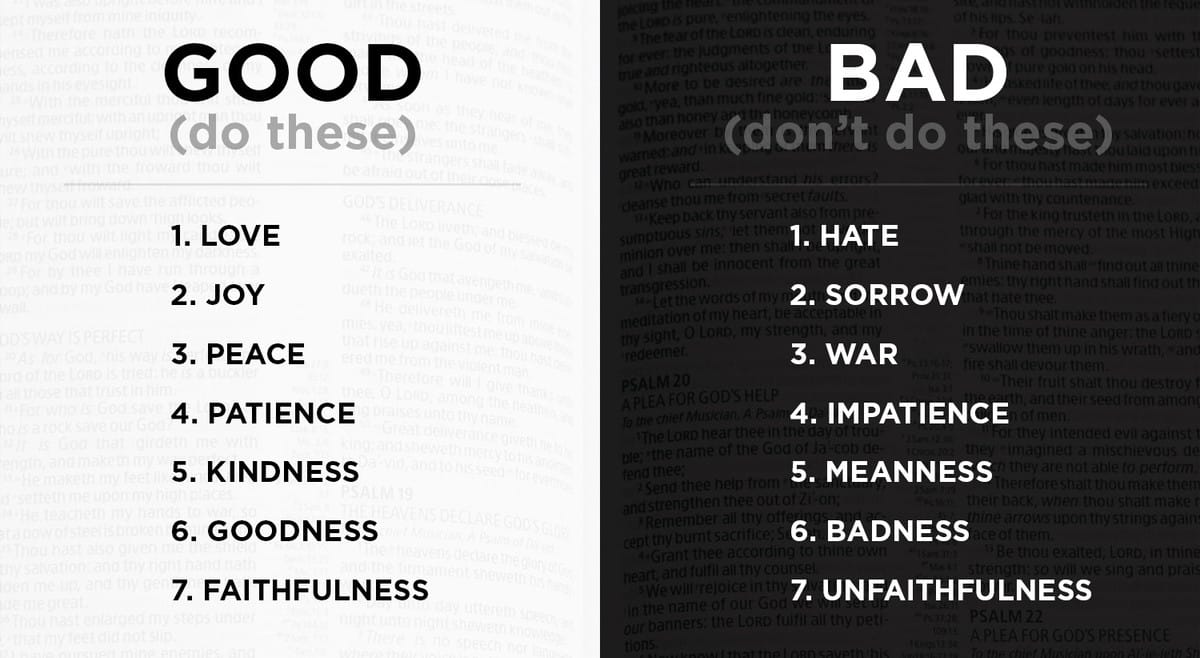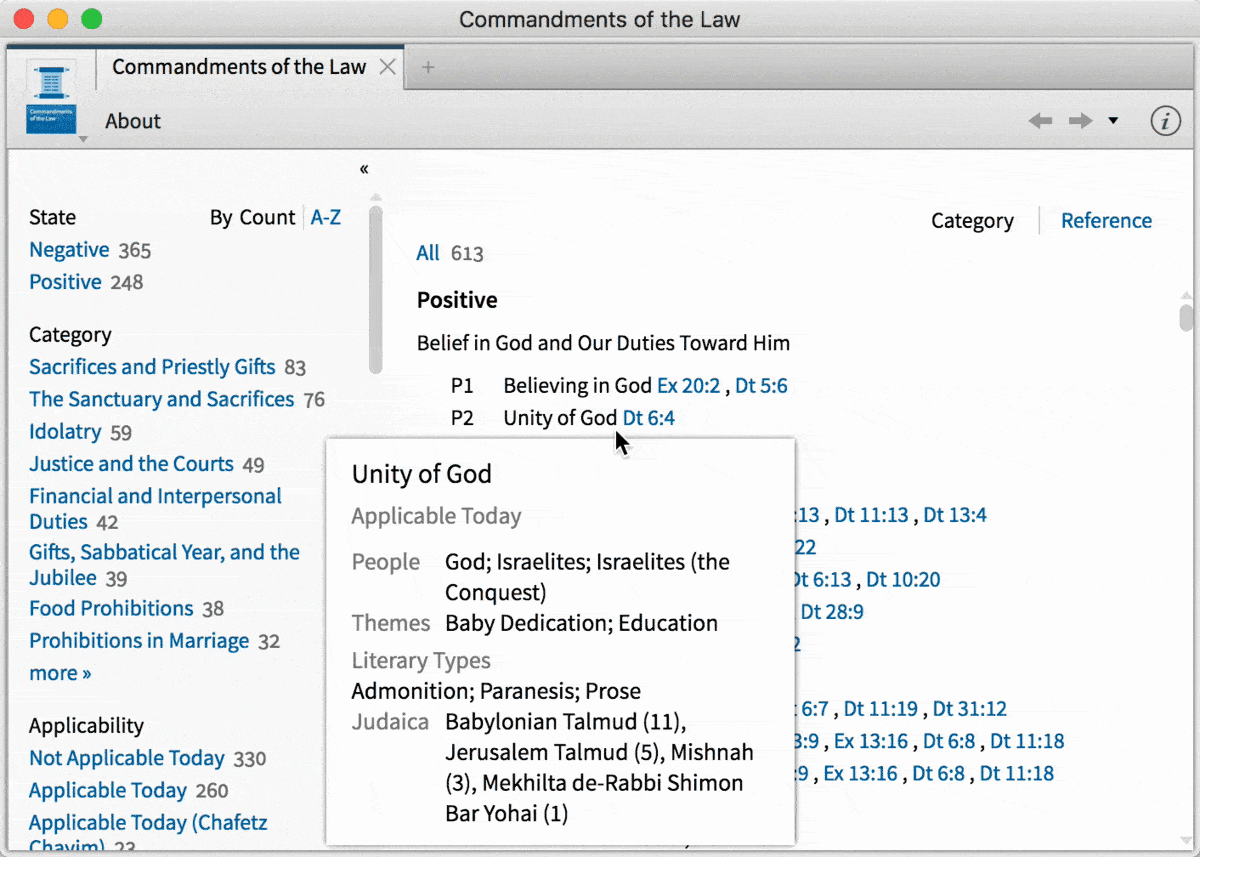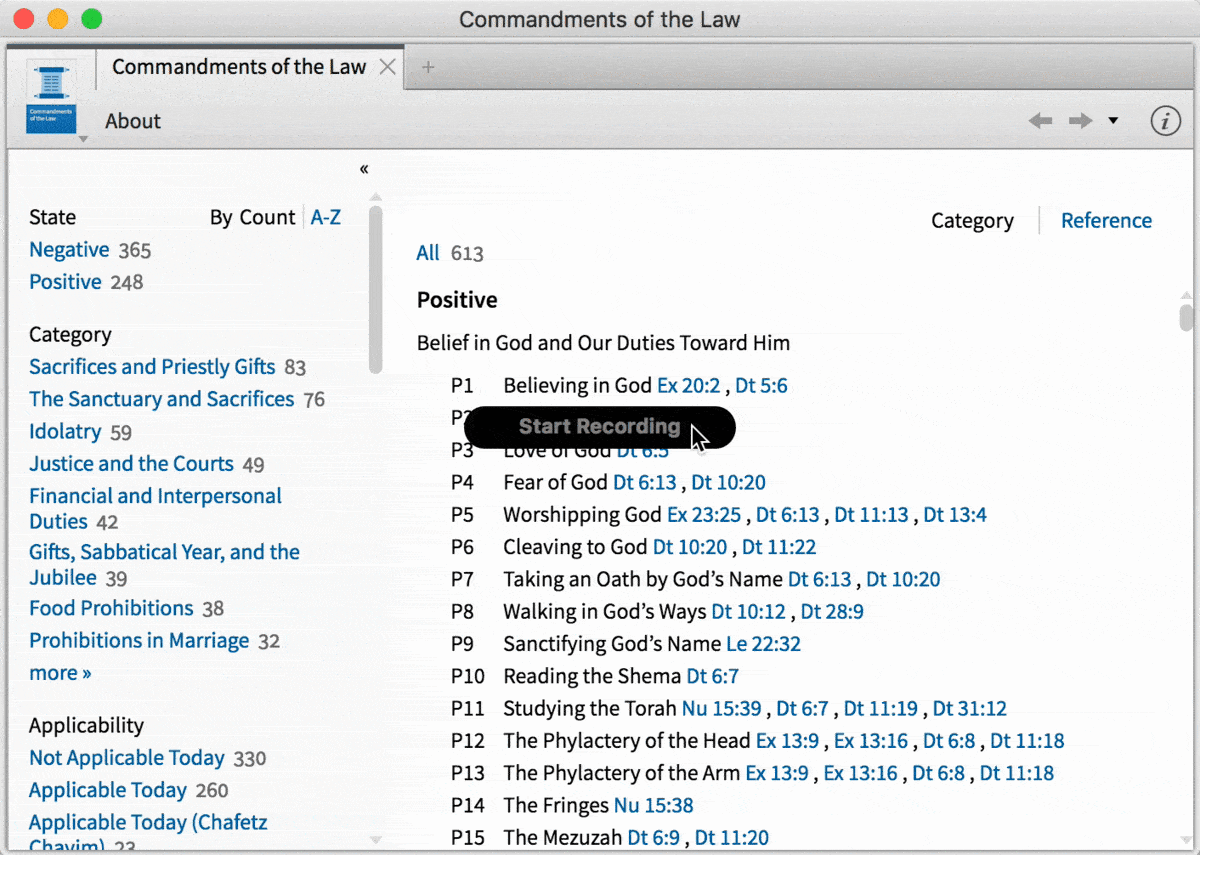Christianity cannot be boiled down to a list of words—say, positive character qualities to be cultivated and opposite, negative qualities to be avoided.
Virtue and vice lists by themselves can’t handle the complexities of life. Some loves in Scripture are bad (“men love darkness rather than light”) and some hates are good (“you who love the Lord, hate evil!”). Some joys are evil (“love does not rejoice at wrongdoing”) and some sorrows are godly (“you felt a godly grief”). Peace (Matt 5:9) and war (2 Sam 22:35), patience (1 Cor 13:4) and impatience (Judges 10:16)—all are righteous duties at some times and sins at others. Meanness and badness are, admittedly, hard to defend. (So don’t be mean or bad, okay?) But even “unfaithfulness” can be good if you’re talking about a soldier refusing to obey a commander’s immoral order. Life is complicated.
Mere lists—with no explanation and no context—cannot reliably summarize our faith or our duties.
And yet such lists can be helpful ways of summarizing biblical truths, and we know this because the inspired apostles themselves used them. In case you didn’t notice, the “GOOD” qualities on the left in the above table came from Paul’s letter to the Galatians. Peter, too, provides a famous virtue list in the opening of his second epistle, as well as small vice lists in a few places.
The simple point I’m making is that lists by themselves can be misleading, but if you know the greater scriptural context into which they fit they can be helpful, even essential, summaries.
Commandments of the Law Interactive
Logos 7 has a new “Commandments of the Law” interactive which neatly organizes the 613 commandments of the Old Testament, putting on display both individual laws and key elements of the contexts in which they were given and meant to be obeyed. To someone who knows the OT in general, these lists of commands can provide helpful insight.
You get that insight by sorting the laws. Just click the links in the lefthand pane to sort the list. You can see, for example, only the 1) Positive laws, 2) Applicable to today, 3) regarding the Heart:
Or examine the 1) Negative laws, 2) Not Applicable to Today, 3) regarding Sacrifices. Pop-up windows accompany each individual law:
Abstraction
An astute reader may say, But wait—pulling a list of commands out of context and cramming them into a little window? Isn’t that doing the very thing you just warned us about? Well, sort of. That’s why a general knowledge of their original historical and literary settings is so important.
But in another sense, this interactive tool makes clear a higher level of context that’s hard to see without the abstracting power of a list. If the OT is from God, then the commandments it gives will fall into a pattern and create a consistent overall picture. That big picture is itself a “context.”
Take a look, for example, at the very first category in the list: “Sacrifices, Priestly Gifts, Priests, Levites, and Related Subjects.” It’s big. 83 items. At the 50,000-foot view provided by the Commands of the Law interactive, I can see at least two things: 1) the sheer enormity of human sin which would more than exhaust all human attempts at absolution and atonement, and 2) the power of our great High Priest, Jesus, to fulfill every last one of these laws “once for all when he offered up himself” (Heb 7:27).
Though the Mosaic law does not bind members of the New Covenant in the same way it bound members of the Old, it is still a divine word “profitable for teaching” (2 Tim 3:16), and those are two things I learned from it.
The law is also there for my “reproof,” Paul says (2 Tim 3:16). Sure enough, the laws regarding “Strangers” provide a corrective for how I ought to view them. And the laws regarding “An Orphan” and “A Slave” and “A Poor Person” surely have some bearing on the destitute in my own town.
Applicability
The determination making some laws “Applicable to Today” was drawn from Jewish tradition, specifically the work of Maimonides (1135–1204). Those which are marked as applicable are “commandments which a Jew in the ordinary course of life has always the opportunity to fulfill” (Chavel 2:348).
But for the Christian, the whole OT law is both inapplicable—because “we are not under law, but under grace” (Rom 6:14–15)—and applicable—because that law is still “holy, just, and good” (Rom 7:12). It still brings the knowledge of sin (Rom 3:20), a service we all need. Evangelical scholars commonly posit a “third use” of the law in which it guides us morally even in the New Covenant era.
The abstraction provided by a long, sortable list of the OT laws—a list taken from hundreds of individual passages—offers Bible students a very helpful vantage point from which to gain profitable teaching and correction from God’s holy, just, and good law. In other words, the Commandments of the Law interactive in Logos 7 is a helpful tool for Bible study.
Mark L. Ward, Jr. received his PhD from Bob Jones University in 2012; he now serves the church as a Logos Pro. He is the author of multiple high school Bible textbooks, including Biblical Worldview: Creation, Fall, Redemption.
Master the Bible study steps of observation, interpretation, and application
Want to learn how to incorporate Logos Bible Software into your study? Whether you’ve never used Bible software before or been a Logos user for years, this course will teach you how to uncover the biblical writers’ original meaning—and how to bridge the gap from ancient context to everyday life—using Logos tools. You’ll put essential Bible study skills into practice as you work step-by-step through a guided study on the book of Jonah.
Learn more about this free 30-Day Bible Study Challenge or click the button below to create a Faithlife account and get started.










